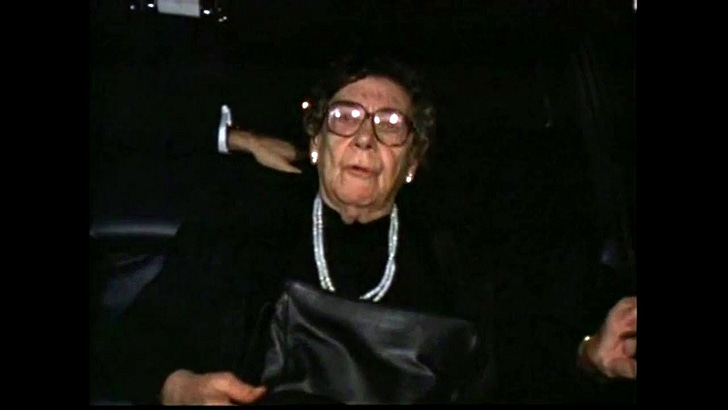Conversion therapy increases risk of cardiovascular disease
according to a new study in jama open network

Last week, the United States Department of Health and Human Services released its junk science review of treatments for gender dysphoria in youth. Rather than faithfully examine the use of gender-affirming approaches, the anonymous report ultimately recommended that dysphoric adolescents receive “exploratory therapy” — a sanitized name for conversion therapy, the practice of utilizing a pseudo-medical setting to convince a queer person to repress their queerness and coax them back into the closet.
This week, JAMA Network Open published a new investigation of the health risks associated with conversion therapy. The new research confirms what queer people have always said about the practice: Conversion therapy harms its subjects. Indeed, the new study provides evidence that conversion therapy contributes to broad and irreparable harms, causing not only psychological damage but also disruptions to cardiovascular physiology.
This research was done by a team of scientists at Northwestern University and analyzed the health of 703 people assigned male at birth in the Chicagoland area. This group included both cis and trans-identifying people around 26 years of age and was largely representative of the racial/ethnic makeup of the city. All participants consented to their involvement in this research.
Of the total group, over 10% of the participants had previously been subjected to conversion therapy. Trans and gender non-conforming people were overrepresented in this group relative to the total cohort. There were no differences in the experience of conversion therapy between racial and ethnic groups.
For each participant, the research team measured diastolic blood pressure, systolic blood pressure, systemic inflammation, and self-reported hypertension. Each of these measurements were higher in individuals who had been subjected to conversion therapy. Importantly, longer stints in conversion therapy were associated with greater increases in these measures. These increases are associated with adverse cardiovascular health outcomes and are affected by chronic stress.

Given that these cardiovascular conditions are influenced by a variety of factors (age, complex human genetics, social experiences, etc.), the researchers also developed statistical models to further assess the contribution of conversion therapy experiences to cardiovascular health. These models confirmed that conversion therapy increases the risk of adverse cardiovascular health and the magnitude of these risks increased with the time spent in conversion therapy settings.
This study is part of a larger project at Northwestern called RADAR which seeks to provide insight into addressing HIV and drug use in queer people assigned male at birth. The RADAR study (including the work discussed above) had been funded by the NIH, but their grant was terminated on March 31, 2025. It is unclear if RADAR has sufficient funding to continue its work moving forward as the NIH shifts its focus from queer health to queer unhealth and “regret.”
Yet, these findings are more important than ever given that the American government has now recommended conversion therapy for trans youth and adolescents. This research and the first-hand experiences of conversion therapy survivors should be sufficient to dispel any notions that conversion or “exploratory” therapies provide any benefits to queer people.
Conversion therapy is traumatic for those involved, leaving psychological scars that get translated into cardiovascular health risks. These scars further burden our healthcare system to the tune of $9.23 billion per year. Any good-faith observer seeking to promote the “safety” and “health” of queer adolescents should immediately discredit conversion therapy.
Queerness cannot be eradicated, only suppressed. This message is clear to anyone who has watched one of the finest movies ever produced on the topic of conversion therapy, But I’m a Cheerleader (1999).
The (retrospectively) star-studded cast follows the experience of Megan (Natasha Lyonne) at a full-time conversion therapy program. Despite the attempts by the program’s staff to suppress queer and gender non-conforming tendencies of the adolescents in their “care,” Megan quickly finds herself making ~friends~ with fellow attendee Graham (Clea DuVall).
By using comedy to access the otherwise traumatic experiences of conversion therapy, the film deftly highlights the absurdity behind the approach:







